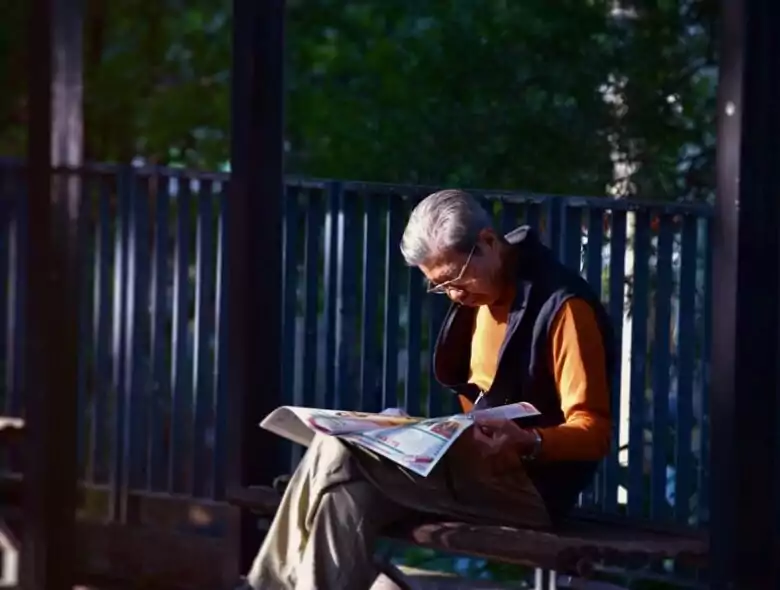Japan’s birthrate continues to decline. As of September 2021, the elderly population had reached 36.4 million, a record high (according to the Statistics Bureau of the Ministry of Internal Affairs and Communications).
Rental apartments are a great housing option for the ever-increasing number of elderly people.
The Elderly and Housing
According to the 2008 Housing and Land Survey, the total number of households with elderly persons aged 65 and over is 2.25 million. 2,253,000 households.
Of these, 18.48 million (82%) are owner-occupied households and 40 million (18%) are renter-occupied households. In particular, there are 2.13 million single-person households and 81,000 married-couple households, for a total of 2.94 million households. 2.13 million are single-person households, and 81,000 are married-couple households, for a total of 2.94 million households.
This figure is about 158,000 households more than 20 years ago (1,367,000 households). This number has actually doubled in the past 20 years (1,367,000 households) to approximately 158,000 households.
It is clear that the elderly are becoming more and more interested in renting houses every year.
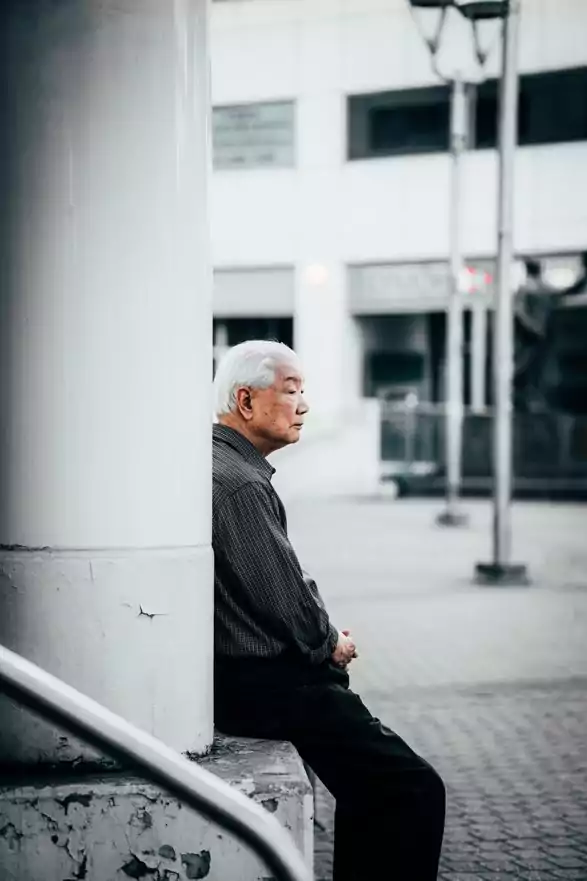
Rental Housing for the Elderly
What kind of private rental housing is available for the elderly?
1. Nursing home with nursing care
These facilities provide full services such as meals, bathing, and toiletries, with nursing care staff on duty 24 hours a day.
This is more attuned to purchasing services rather than renting a house.
Advantage: Generous services are provided.
Disadvantage: Entry fees and monthly living expenses are relatively high.
2. Sa-Koju (serviced housing for the elderly)
These are rental residences designed for elderly singles and couples. They are designed to make life easier for the elderly and include services such as monitoring.
Advantage: It is possible to move in at a lower cost than a nursing home for the elderly.
Disadvantages: More expensive than general rental housing, and some services are outsourced.
3. General rental housing
These are rental housing units that are distributed to the general public. There are no facilities or services for the elderly, and you will have to arrange various services by yourself.
Advantage: Conventional rental housing, you can live in it with minimal cost.
Disadvantage: You need to arrange all meals and other services by yourself.
Village House is one great option for the type of rental housing described in (3) above.
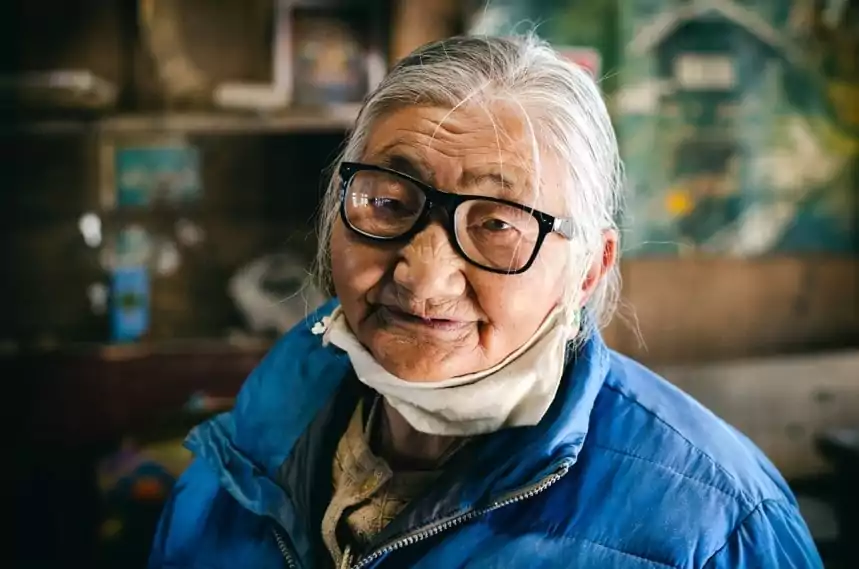
Elderly People and Rental Housing
As mentioned above, the number of elderly people moving into rental housing is increasing every year, while the number of cases where elderly people are turned down when they apply for rental housing is also increasing.
According to property management companies, the following three risks are major problems:
1. Health risk
The biggest risk of all is the risk to one’s health. As a matter of nature, the older one gets, the greater the health risk.
Not only do people become ill, but also the number of “lonely deaths,” people who die in their rooms due to sudden health problems, is increasing.
In the unlikely event of lonely death, the room will become an accidental room and cannot be rented out for a long period of time.
In addition, the management side will have to look for an heir to terminate the contract, which is a very difficult situation for them.
2. Financial risk
In many cases, pension income alone is not sufficient, and the risk of delinquency is high.
There are many elderly people who have no relatives at all, and there is an increasing number of cases where they cannot afford a joint guarantor.
In addition, since pension payments are due each month, it is difficult to manage the collection of payments, such as paying for two months at a time.
3. Risk of neighborhood trouble
In fact, the risk of neighborhood problems is one that should not be overlooked.
There have been cases where all the tenants around elderly residents have moved out due to neighborhood problems that may occur due to dementia.
Although property management companies would like to increase the number of tenants in the properties they manage, they refuse to lease rooms to the elderly because of the risks mentioned above.
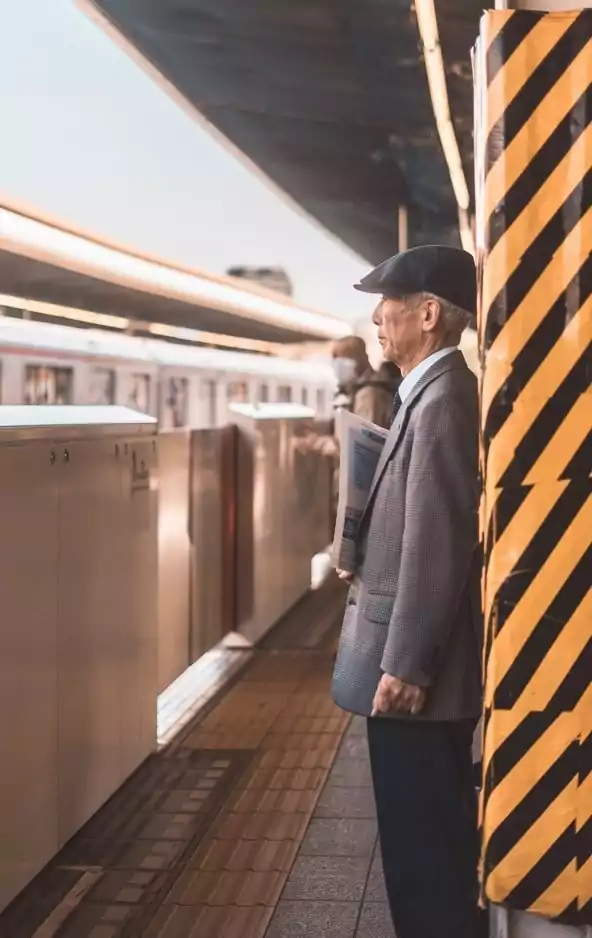
Easy Application for Elderly People at Village House!
Village House has been expanding the number of elderly residents they accept. Since April 2020, more than 2,000 elderly people, including both elderly singles and elderly couples, have moved in. This is more than 7% of the total number of applications, which is a tremendous number.
So, how does Village House take care of the risks that the elderly face?
1. Health Risks
At Village House, there is a manager in charge of the property who makes regular rounds of the property and visits residents if there are any problems with the mailboxes or other items, etc. This is a unique service provided by the manager.
Naturally, everyone is at risk of lonely deaths, but by making rounds as often as possible, the risk of lonely deaths is reduced.
2. Financial risk
Village House does not require renewal fees, brokerage fees, deposits, or key money, and some rent starts from 20,000 yen.
Senior citizens living on a pension can enjoy a comfortable apartment complex with low costs.
(Deposit may be required depending on the contract and screening process, such as keeping pets.)
3. Risk of neighborhood problems
Village House has established a Rental Support Center for tenants.
In the event of neighborhood problems, please contact the Rental Support Center, which will respond in a timely manner.
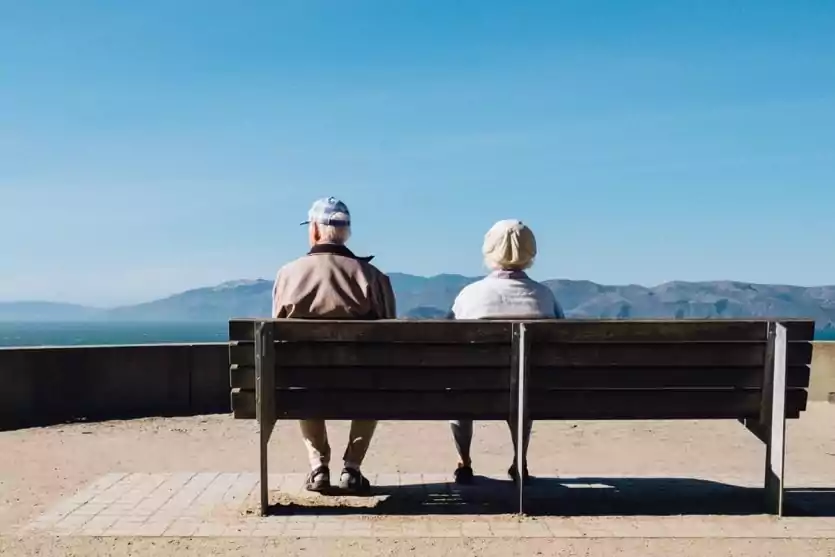
As mentioned above, Village House has created an environment that makes it easy for the elderly to move in, and are happy to assist you in moving in.
Come to Village House for a safe and easy life in an apartment complex!


